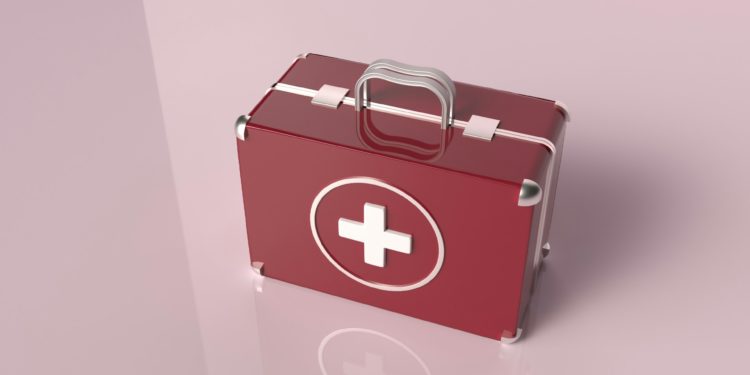What, exactly, is a medical courier?
In the world of medical courier services, a medical courier is responsible for the transport of medical equipment and medicines. It’s important to distinguish between a medical delivery courier and one that works with hospitals as part of the NHS Blood and Transplant (NHSBT) team. The latter is responsible for transporting organs, blood, and other organic or biological matter—services which not all medical couriers are licensed or equipped to handle.
However, many couriers excel in providing exceptional healthcare logistics services throughout the UK, particularly when it comes to supporting doctors, dentists, other healthcare professionals, and patients.
From gas bottles and hospital beds to sterilising equipment and respiratory devices, some providers are well-equipped to assist with small-to-medium-sized medical equipment—especially when multiple personnel are required for transportation. It’s always worth checking first to ensure capacity and capability. Not only should the staff be fully trained, but the vehicles must also be suitable for the safe transport of potentially critical medical equipment.
Many medical couriers follow a ‘no job is too small’ policy, which can be essential when collecting and delivering a spare part for a vital piece of equipment. With years of experience in the medical delivery sector, some couriers are even able to repair faulty equipment on-site and ensure it’s fully functional before departing.
Why is a reliable medical delivery courier so important?
Medical equipment is needed because someone, somewhere, is unwell and in need of help. This is why the best couriers treat every delivery with the utmost priority. Equipment must arrive in perfect condition, ready to use—or where possible—be installed and made fully operational before the courier leaves.
Medical professionals often rely on couriers to uphold their own reputations by ensuring specific services can be delivered as promised. Being able to transport spare parts and replacement equipment on short notice, anywhere in the UK, is crucial to maintaining continuity of care.
How do you know who is a good medical courier?
The answer isn’t as difficult as it may seem. Here are a few important questions to ask:
- Does the medical courier service operate 24/7 or only during office hours? Being available around the clock is vital for critical deliveries of medical equipment.
- Can the courier safely deliver and install heavy medical equipment? The best services have the appropriate vehicles, trained staff, and enough personnel per delivery to manage heavy or complex equipment safely. They should also be capable of placing technical machinery in position, removing old units, and recycling them responsibly.
- Are there discounts for regular deliveries? Cost efficiency is key to running a sustainable business. Some providers offer reduced rates for contract services or frequent shipments.
- Does the courier cover the entire UK? For manufacturers and distributors of specialist medical equipment, nationwide delivery—including remote regions like the Scottish Highlands and Islands—can be critical to a successful partnership.









































































